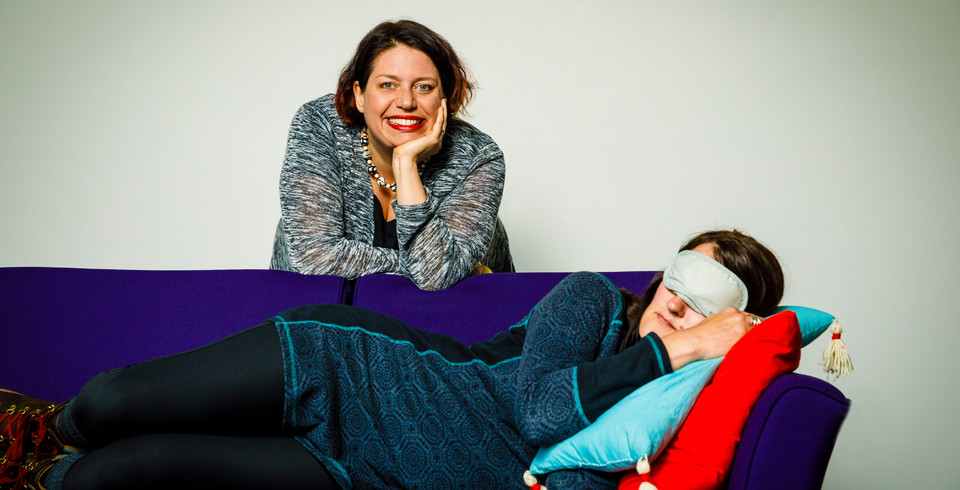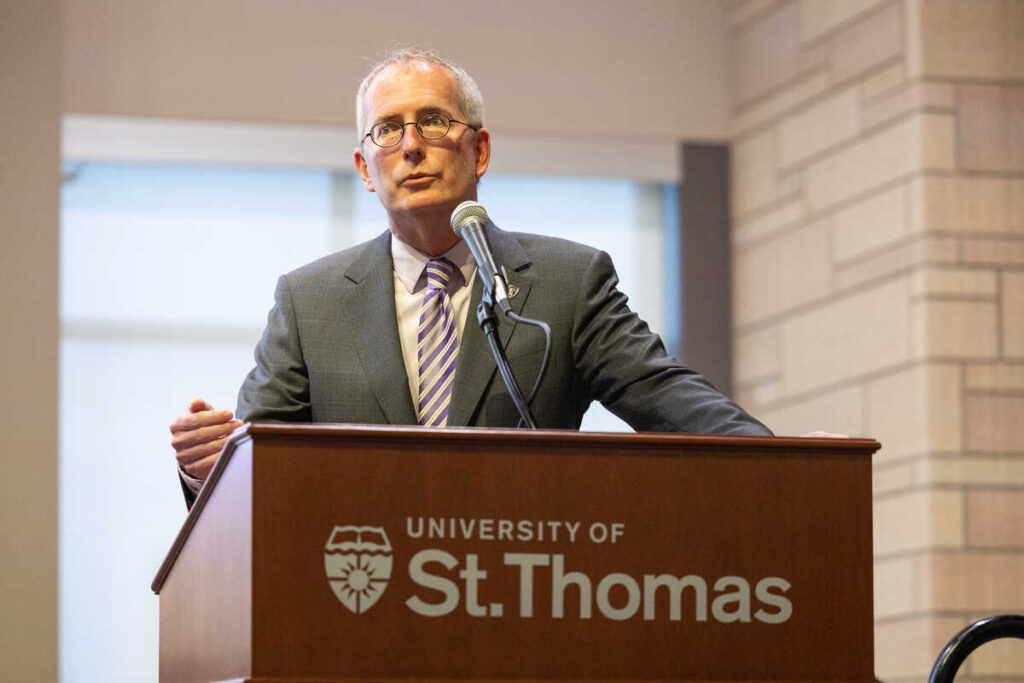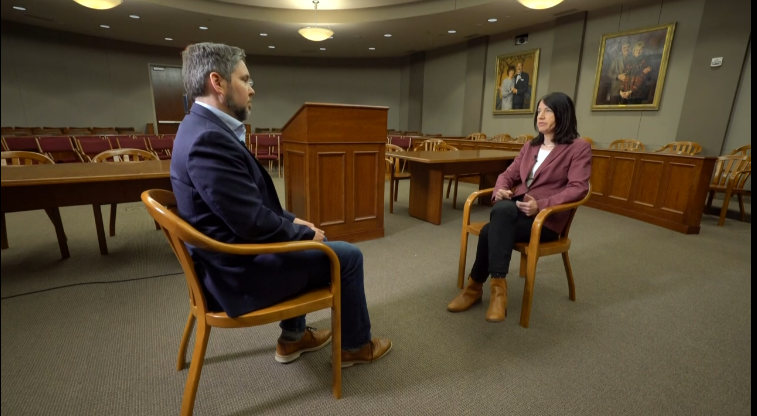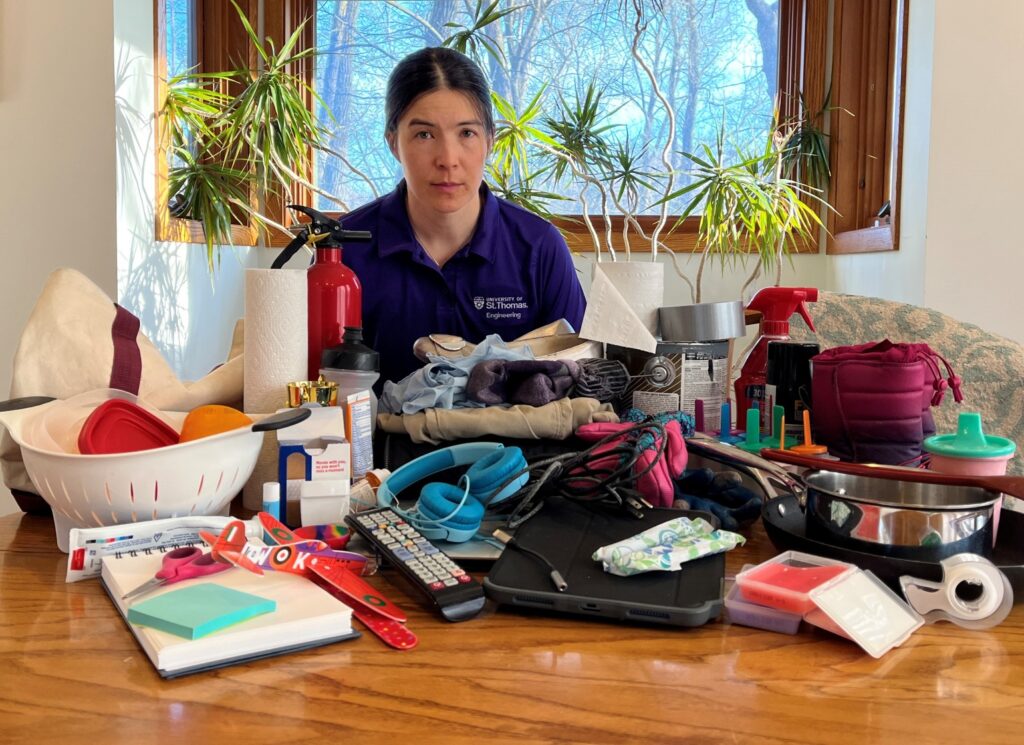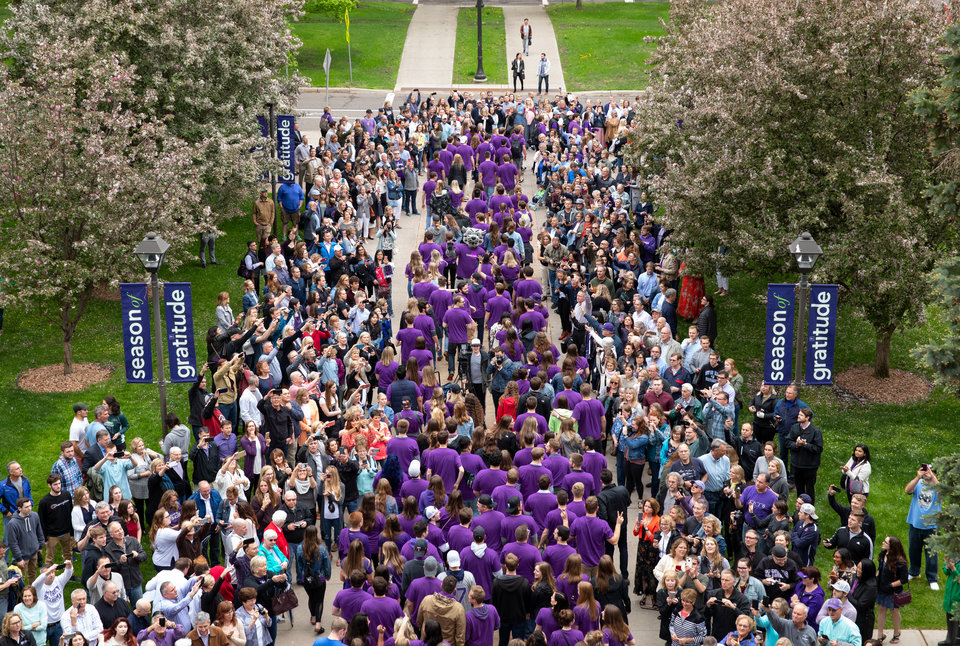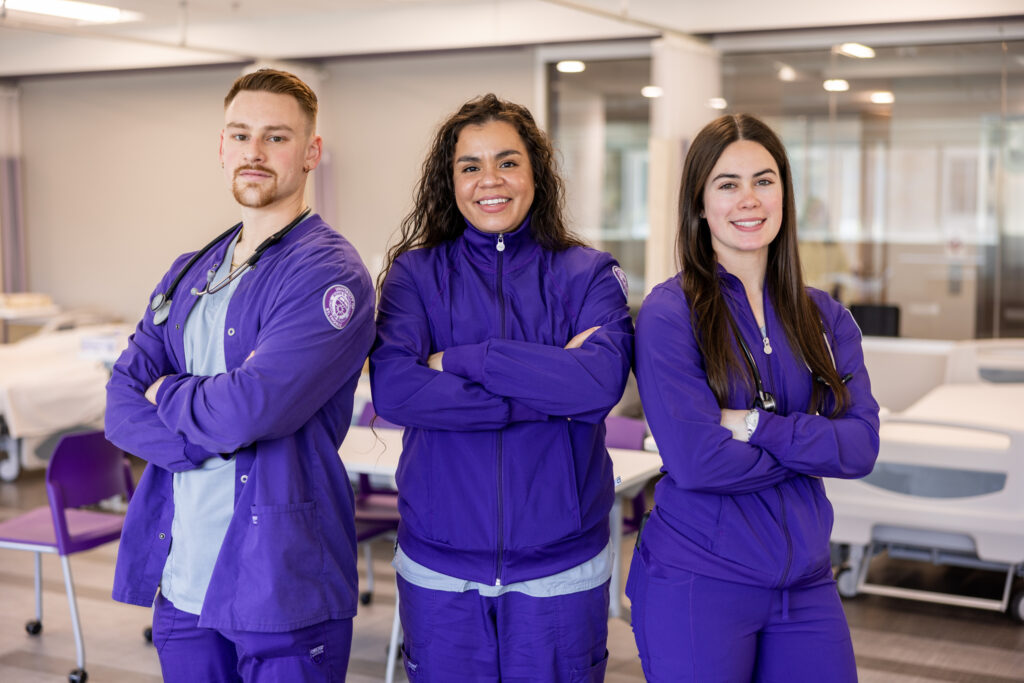Roxanne Prichard, psychology and neuroscience professor at the University of St. Thomas College of Arts and Sciences, recently spoke with Healio about research in collaboration with Tommie student Caleb Cutrer to determine whether sleep factors and loneliness had an impact on alcohol use among college students before and during the COVID-19 pandemic.

From the story:
Cutrer and J. Roxanne Prichard, PhD, professor of neuroscience and psychology at the university, examined the psychological and behavioral predictors of high-risk drinking using the fall 2019 and fall 2020 American College Health Association’s National College Health Assessment III. The sample included responses from 50,052 students from post-secondary schools in the U.S. Researchers also compared measures of sleep, loneliness and alcohol use. ...
Their findings revealed that compared with 2019, students in 2020 reported lower levels of high-risk drinking, increased difficulty falling asleep and somewhat longer sleep duration during weeknights. Among students with a substance use disorder diagnosis, problems with sleep initiation were significantly higher, as well as subjective sleep difficulties and increased levels of loneliness compared with their peers without substance use disorder in 2019 and 2020. However, the loneliness score averages were lower in 2020 among those with a substance use disorder, but not among those without.
